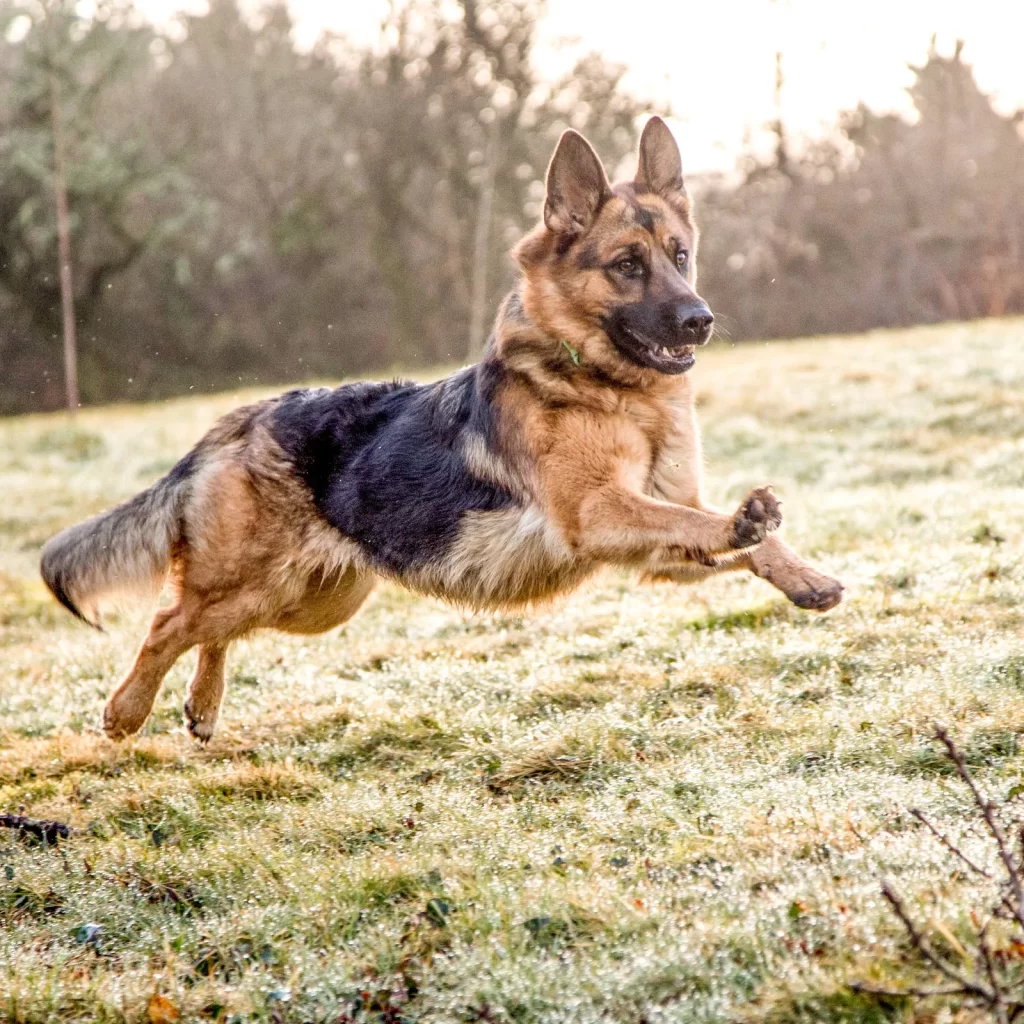Puppyhood is a delightful yet challenging phase in a dog owner’s journey. The key to fostering a well-behaved and happy canine companion lies in a well-rounded puppy training program that combines the art and science of pup pedagogy. This comprehensive approach not only shapes a puppy’s behavior but also strengthens the bond between the furry friend and its human counterpart. At the heart of successful puppy training is an understanding of the science behind canine behavior. Puppies, like humans, learn through a process of conditioning and reinforcement. A well-structured training program takes into account the developmental stages of a puppy, from the early weeks of life through adolescence. It recognizes the importance of positive reinforcement, using treats, praise, and play to encourage desired behaviors while avoiding punitive measures that can lead to fear or anxiety. The art of pup pedagogy involves a nuanced understanding of individual puppies’ personalities and temperaments. Just as humans have unique traits, so do dogs. A one-size-fits-all approach to training is ineffective instead, successful trainers tailor their methods to suit the specific needs of each puppy.

This artful approach considers factors such as breed tendencies, energy levels, and previous experiences, allowing for a more personalized and effective training experience. Socialization plays a pivotal role in the art and science of puppy training. Exposing puppies to various environments, people, and other animals during their critical socialization period usually between 3 and 14 weeks of age is essential for a well-adjusted adult dog. A traction dog training program incorporates controlled exposure to new stimuli, gradually expanding a puppy’s comfort zone and preventing behavioral issues stemming from fear or anxiety. Structured training sessions should cover fundamental commands such as sit, stay, and come, building a solid foundation for more advanced skills. The artful trainer knows when to be patient and when to challenge the pup, striking a balance that fosters both confidence and obedience. Integrating play into the training process adds a joyful dimension to the learning experience. Puppies, much like human children, learn best when they are engaged and having fun. Studies have shown that rewarding desired behaviors is more effective than punishing unwanted ones.
Consistency is key, as puppies thrive on routine and clear expectations. Incorporating games and interactive activities not only reinforces commands but also nurtures the bond between owner and pup. This artful inclusion of play transforms training from a chore into a shared adventure. The use of positive reinforcement aligns with the science of pup pedagogy. Treats, praise, and affection become powerful tools in shaping a puppy’s behavior, creating a positive association with learning. Consistent positive reinforcement builds trust and encourages a pup to willingly participate in the training process. The art and science of pup pedagogy form the backbone of a comprehensive puppy training program. By understanding the underlying principles of canine behavior and tailoring training methods to suit individual puppies, owners can navigate the challenges of puppyhood with confidence. The harmonious blend of science-backed techniques and an artful, personalized approach creates a strong foundation for a lifelong relationship between owner and pup, characterized by understanding and companionship.